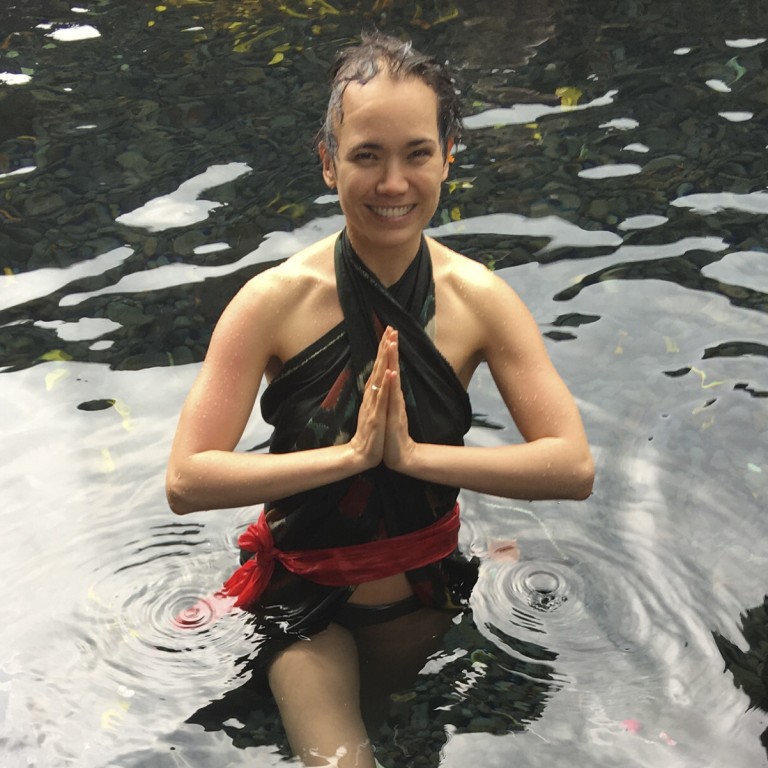
Low-carb diet, meditation, affirmations every day helped brain cancer survivor beat illness after a ‘decade of debauchery’
- Binge drinking, heavy smoking and fad diets were part and parcel of one Hongkonger’s jet-setting life – until she was diagnosed with brain cancer
- She combined conventional and alternative therapies in her recovery, joined a cancer support group and now does integrative medicine to help others beat cancer
Hong Kong-born Gillian Bertram was living the glamorous life that she had always dreamed of. Aged 31 and a director with a top model management agency in Paris, she would fly around the world and rub shoulders with major celebrities. It was 2015, and she had it all – or so it seemed.
Bertram had surgery to remove the tumour, but the subsequent diagnosis was grim: she had malignant grade three brain cancer. Her life as she was living it skidded to a halt.
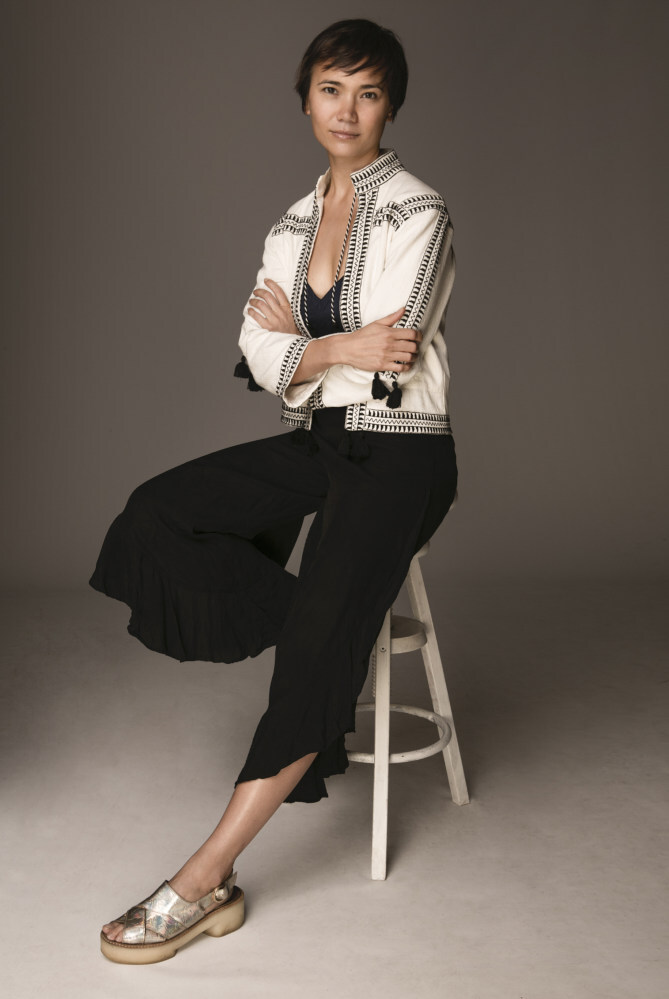
“Cancer was a wake-up call for me that led me on a journey to take charge of my health and well-being,” says Bertram, who transformed her lifestyle and her career. She is now a nutritional therapist, functional medicine practitioner and integrative cancer coach providing support to cancer patients.
My husband’s love and support helped me fight brain cancer
She turned to a book a friend had given her, David Servan-Schreiber’s Anticancer: A New Way of Life. The author, a French neuroscientist, had discovered a tumour in his own brain at the age of 31. The book details the holistic treatment programme that he used to heal himself after his cancer diagnosis.
She undertook six weeks of radiotherapy and chemotherapy followed by another six weeks of oral chemotherapy. At the same time, she sought out natural treatments and consulted LifeClinic, an integrative health and medical clinic specialising in cancer care in Hong Kong.
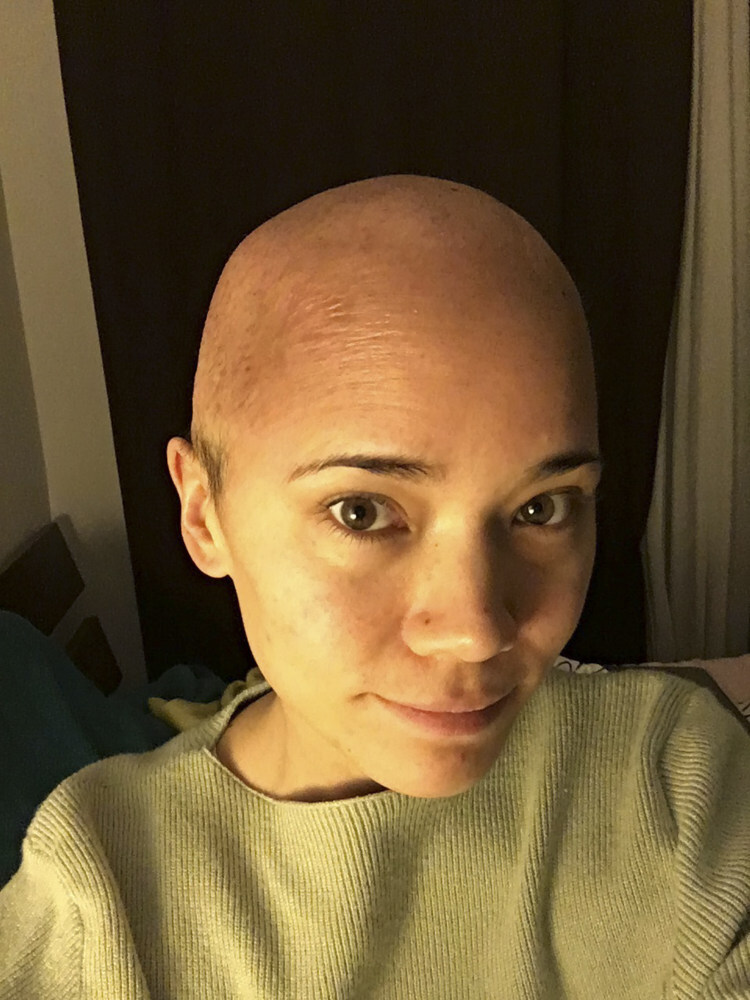
Functional medicine practitioner and clinical nutritionist Miles Price introduced Bertram to a holistic approach to cancer care, which entails four tiers: diet, supplements, detoxification and emotional support.
Bertram followed a radical anticancer diet, supplemented with vitamin D tablets and intravenous vitamin C therapy to boost her immunity.
How the brain works and how to keep it healthier for longer
Bertram also had infrared sauna therapy and coffee enemas.
“Infrared saunas relax the body, reduce stress and improve the immune response. Coffee enemas increases the rate of liver detoxification, which is important, as the liver’s job is to detoxify and rid the body of dead cancer cells,” explains Price.
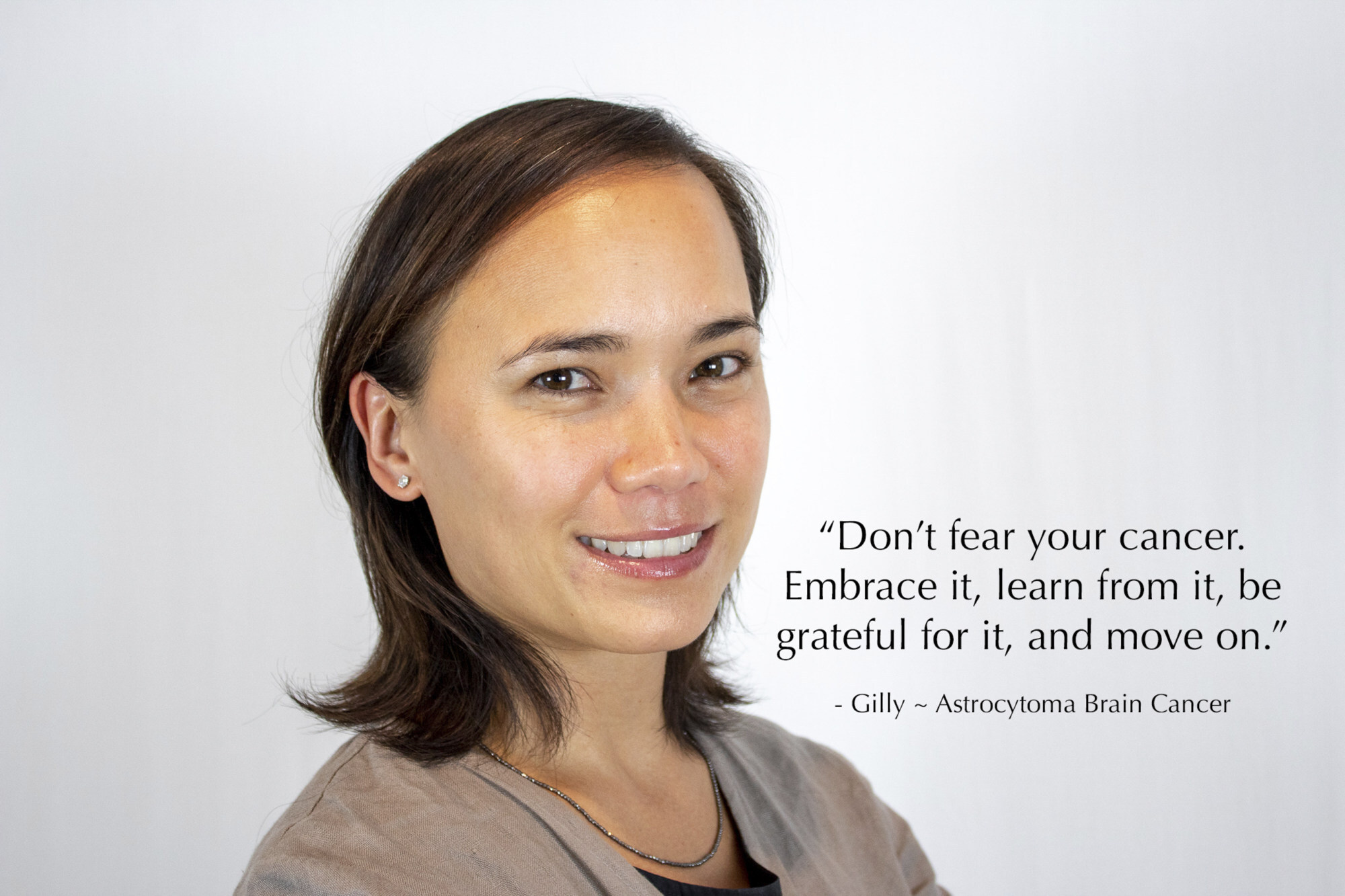
“Yoga helped me slow down, focus my thoughts on my breath and stay rooted in the present moment,” she says.
Yoga, wigs and qigong: charity helps Hong Kong cancer sufferers
Bertram also joined the Cancer Fund’s support group in Hong Kong.
“I was paired with another person who was undergoing treatment for brain cancer. Meeting her and sharing our experiences leading up to our diagnoses and treatments made me feel that I was not alone in my struggle,” she says.
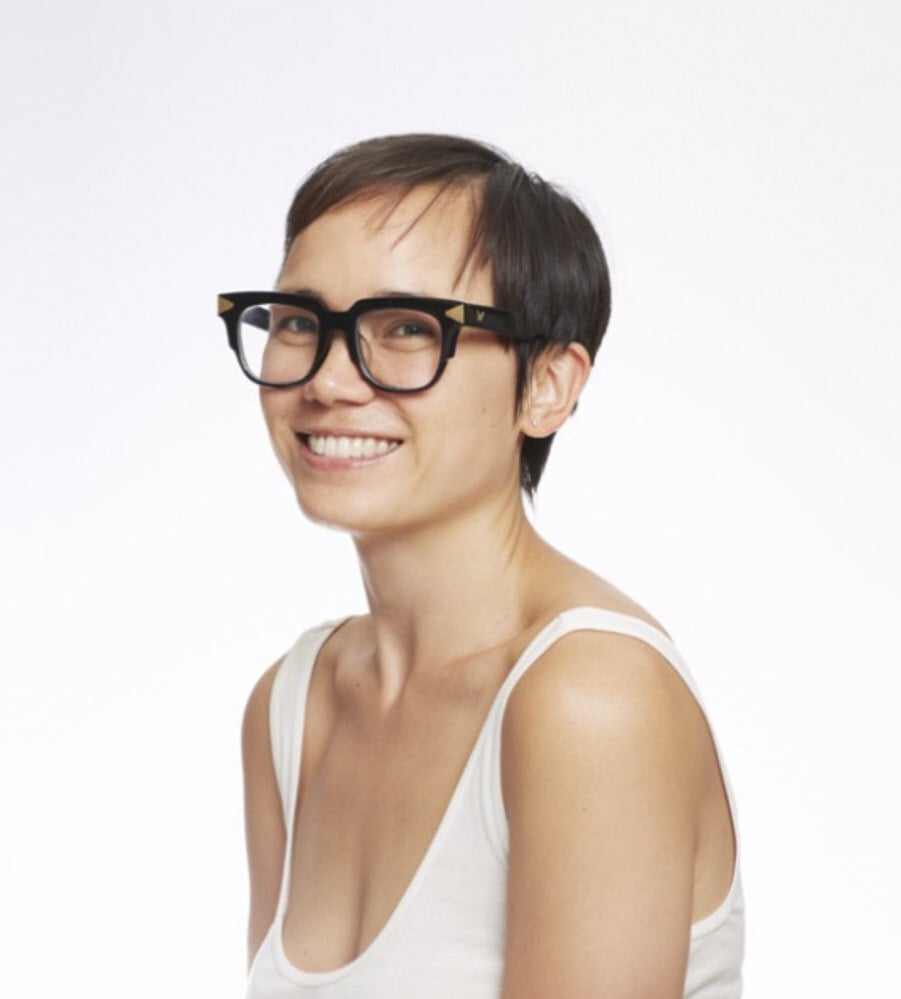
Bertram did not have many side effects from the chemotherapy and the radiotherapy, which she attributes to the benefits of her holistic treatments. She was inspired to become a nutritional therapist, specialising in supporting people with cancer.
After four years of study at The Institute for Optimum Nutrition in London from 2016 to 2020 and apprenticeships with integrative medical doctors, she founded the Bertram Clinic of Nutrition in July 2020 in London. It supports people with chronic health issues including cancer, most of whom she consults online.
“For me, cancer has been a gift, it has given me a second chance to live my life. I wake up every morning, feeling grateful and happy that I am healthy,” says Bertram.
She repeats a favourite quote: “We have two lives, and the second begins when we realise we only have one.”

